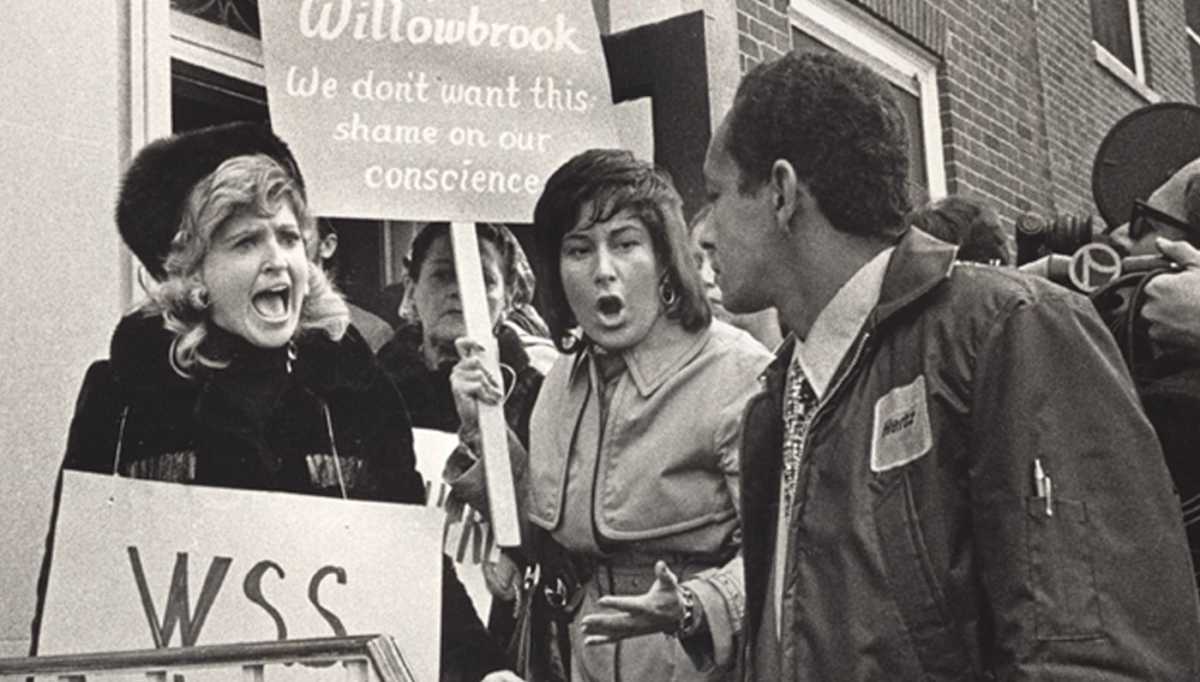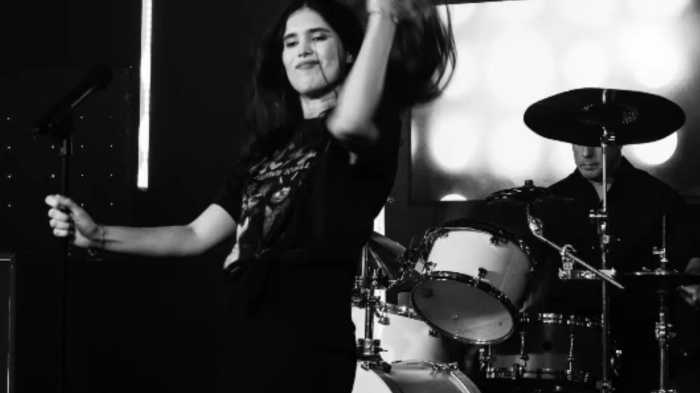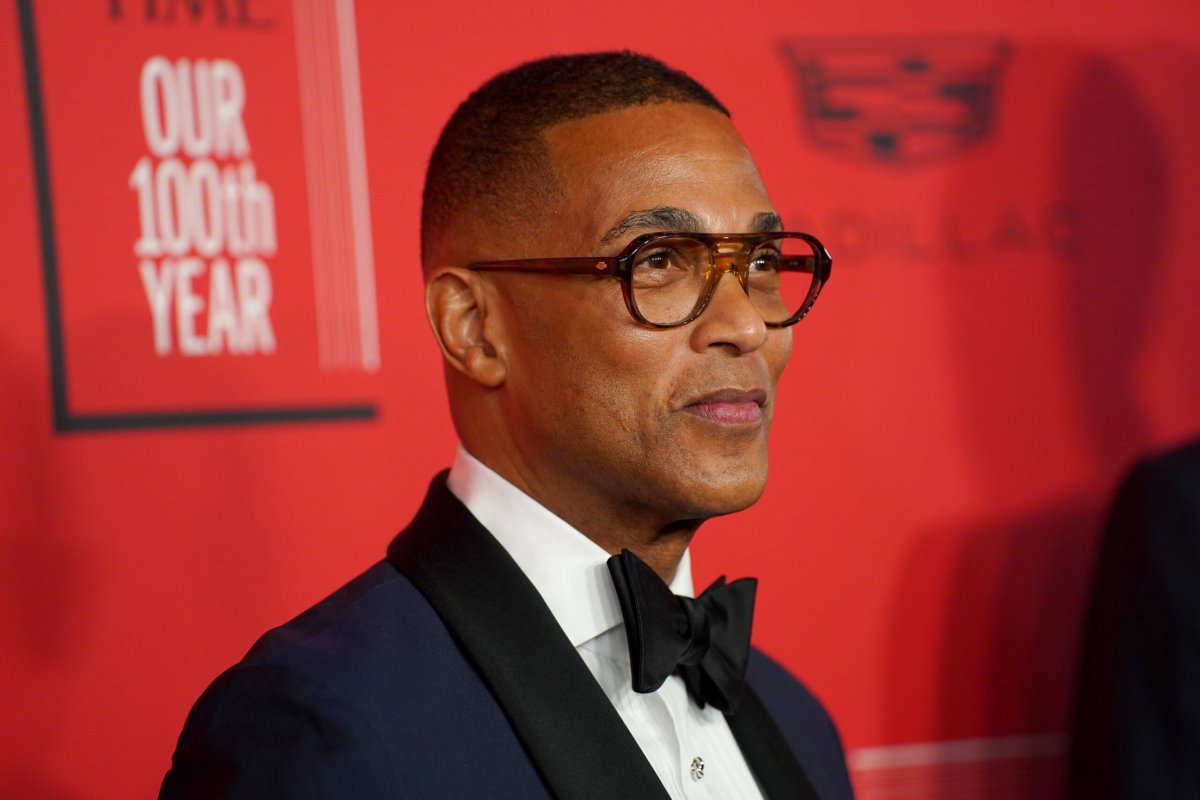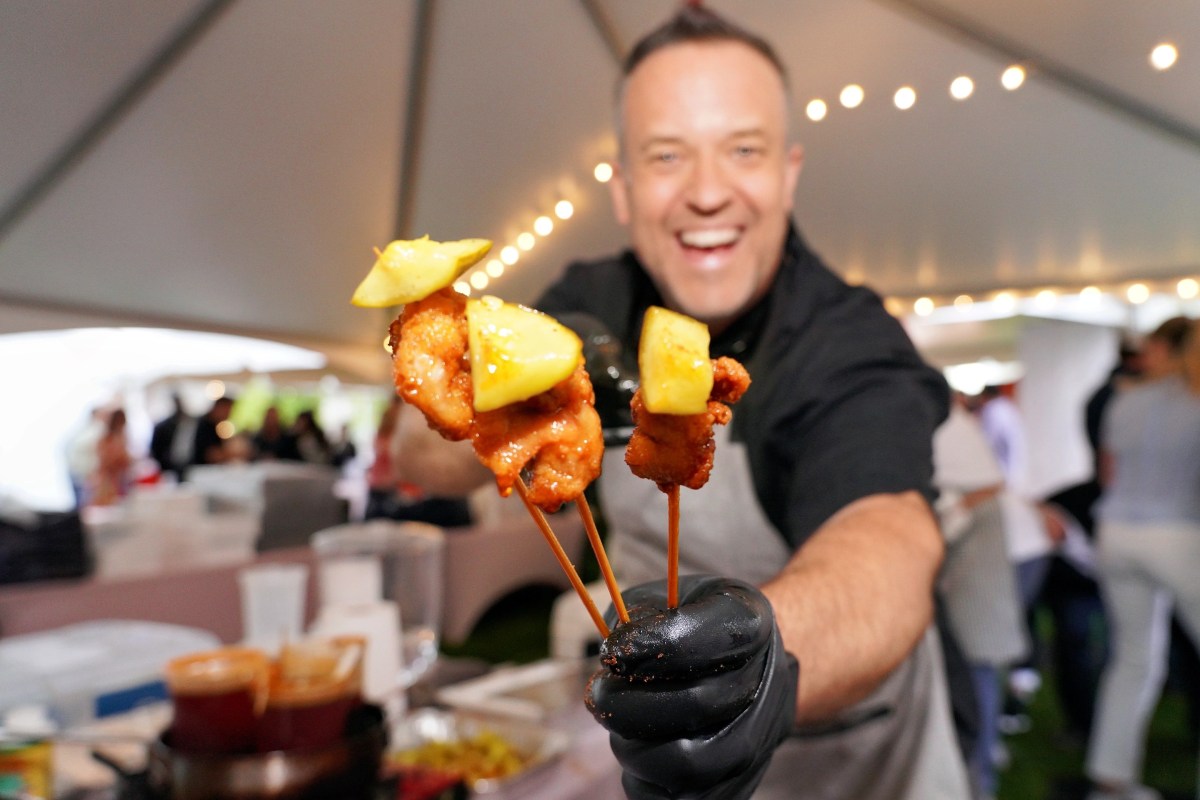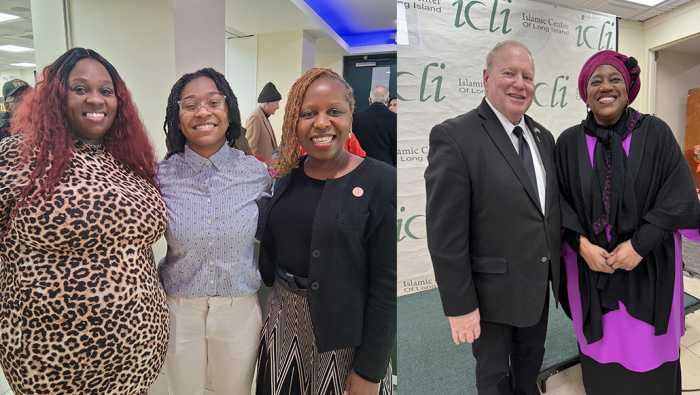Sean Diddy Combs is a dirtbag. Whether he is technically a racketeer or sex trafficker under federal criminal law will be determined by a Manhattan jury hearing a cascade of allegations about sexual exploitation and abuse.
Aside from one public apology via video, Combs has said nothing publicly, pleading not guilty to all charges.
Prosecutors allege that between 2004 and 2024, he sexually trafficked three women and controlled them via physical and emotional abuse. “He paid them and others to keep quiet,” says the charging documents, and greased the whole operation with an extraordinary plethora of drugs and perhaps the world’s biggest household supply of baby oil.
He rose from rags to riches. His saga until now has been of a kid born in Harlem who parlayed his hip-hop imagination into a full-fledged mogul and tirelessly creative entrepreneur. Fabulously wealthy, the evidence so far presented in his federal trial in downtown New York depicts Combs as a sadistic, abusive, and cruel man.
He is guilty of domestic violence. It is notoriously on tape, Diddy stomping long-time girlfriend Cassie Ventura as she attempts pathetically to flee.
His empire began to fall apart following a 2023 civil lawsuit filed by Cassie, his longtime girlfriend and apparently his favorite performer in his “freak offs,” bizarre private sex shows, which sometimes co-starred young rappers presumably seeking a Combs connection to advance their musical careers.
Combs settled Cassie’s lawsuit for $20 million, but by then it had attracted the attention of federal prosecutors.
In a series of coordinated raids, the feds hit Combs’ lavish homes in Los Angeles, Miami and New York, seizing his electronics, drugs, AR-15s, and, of course, hundreds of gallons of baby oil.
Facing life imprisonment, if convicted of the most serious offenses, including rape and sex trafficking, Combs has suffered the additional indignation of losing his Key to New York City and his honorary degree from Howard University.
He is or soon will be facing civil accusations from scores of other purported victims of his predatory lifestyle. There are around 120 lawsuits filed or soon to be filed. According to Fox Business, Diddy has a net worth approaching $1 billion.
More importantly, isn’t it fair to ask what Diddy’s message is for young Black men, statistically America’s most vulnerable? The genre that he rode to tremendous wealth and power, hip hop, describes the worst of urban life, yet it also celebrates the dream of escape and power.
50 Cent, a rap rival of Diddy who owes part of his own success to the fact that he survived nine gunshot wounds, mocked his rival on Instagram.
“Down on your luck, not feeling good today? Well look at the bright side you could be Diddy.”
Trying to be fair, I am not sure whether hip hop describes or inspires the worst of urban life. For the last couple of years, I’ve had a modest beef with hip hop artist Kendrick Lamar, who starred in this year’s Superbowl Halftime show and received the 2018 Pulitzer Prize for his album DAMN.
Broadly speaking, hip hop describes in graphic terms the dangers and indignities of urban Black life.
When I criticized a television appearance by Lamar in which he performs jumping on top of a police car, I said, “This is why I say that hip-hop has done more damage to young African Americans than racism in recent years.”
Isn’t it fair to consider the role hip-hop’s message played in crafting Diddy’s weirdly entitled world?
In what other musical genre would a celebrated success like Diddy attempt to re-create an ancient Roman type of outlaw orgy lifestyle celebrating sadism and graphic abuse?
Now that Diddy has taken sexual exploitation to its limit, how does the next hip-hop mogul celebrate his success, gladiators?






